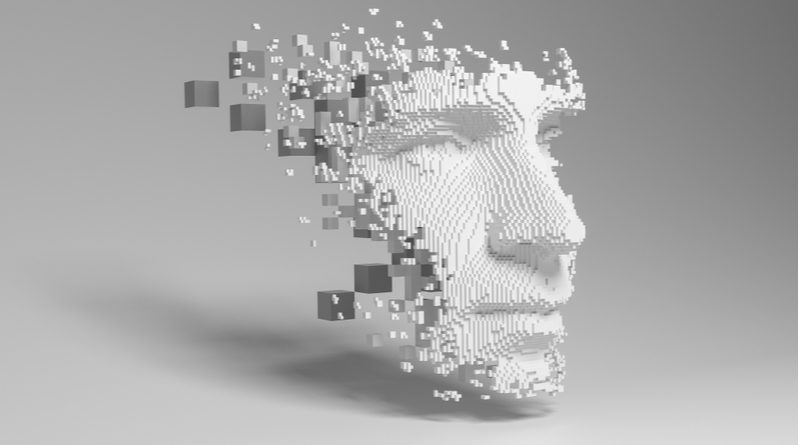What is Social Science?
Social Sciences are all about how people interact with each other, behave, develop as a culture, and influence the world.
The social sciences are all about how society works. Social scientists examine institutions like the government, the economy, and family. They also study human relationships and what drives human behavior.
The social sciences essentially encompass any scholastic discipline that is concerned with the social or cultural elements of human behavior. Anthropology; business and management; economics; human geography; law; media studies; political science and international relations; psychology; social policy and sociology all fall under Social Science.
What 3rd level courses are available?
Universities and colleges in Ireland are offering Social Science courses in the following subject areas:
- Introducing the Social Sciences – An introduction to the disciplines that make up social sciences.
- An Intro to the Social Sciences: Understanding Social Change – Gain an understanding of Social Change and Social Sciences.
- Social Science – The study of human society through sociology, psychology, anthropology and applied social studies.
- CK 102 Social Science – Gain knowledge and skills in Social Policy, Sociology, Psychology studies, Economics, and Philosophy.
- Humanities & Social Sciences – The study of Social Sciences and Humanities such as Archaeology, Economics, English & Drama, Management, Marketing, Political Science & Sociology, and Training & Education Management.
- Research Methods Dissertation in Social Sciences – The study of research methods such as survey, experiment, and ethnography or discourse analysis within social science studies.
Studying Social Science in college
Many full-time Social Science courses run anywhere from 1 year to 4 years depending on the course and modules selected. There are also part-time courses and night courses available so you can be sure to fit in your studies no matter what your schedule is like.
Courses will cover all theory work through lectures, assignments, tutorials, and taught modules. Assessments will take place continuously with written examinations and practical assignments combined to achieve a qualification.
You could also consider work experience or work shadowing to gain real-world experience. Work Experience will not only allow you to obtain a deeper knowledge and understanding of the industry, but it will also give you a chance to do some essential networking with other industry professionals and start building valuable contacts for the future.
Career options
After completing a course in Social Science you will be able to get started in a career that uses specific knowledge of Social Sciences such as educational institutions, government agencies, businesses, and non-profits. The critical thinking, research, and writing skills emphasized during social science programs serve professionals in diverse careers and many graduates may go on to work in education or research.
Working hours will vary greatly depending on which Social Science you choose to focus your career on. Careers in Economics or Politics will generally be more office-based with more regular working hours but careers in fields such as Archaeology or Anthropology could have working hours that are shifted or irregular due to different projects.
Research each social science career to determine the skills and competencies most important to each field before deciding which course will suit you best.
Related jobs include:
- Political Scientist
- Economist
- Industrial-Organizational Psychologist
- Sociologist
- Geographer
- Psychologist
- Urban and Regional Planner
- Historian
- Archaeologist
- Anthropologist
Further study
After completing a course in Social Science you may choose to pursue further study in a specialist field to increase your knowledge base and skillset. Postgraduate study can also be used as a means to change career focus or to gain professional qualifications required to practice in certain career areas such as tourism, advertising, and marketing or even teaching and lecturing.
FAQ
Why is Social Science important?
The social sciences are important because they create better institutions and systems that affect people’s lives every day. Social sciences help people understand how to interact with the social world and how to influence policy, develop networks, increase government accountability, and promote democracy
What is Sociology?
Sociology is the main Social Science and is known as the “Mother of Social Sciences”. It encompasses all social sciences and is the study of human interactions and relationships, their conditions, and consequences.
Where can I study Social science?
Explore your options here
Did You Know?
· The first legislature in the world was formed in Pingvellir, Iceland, in 930. Called the Althing, this legislature met at Thingvellir until 1799, when it disbanded for many years. It returned in 1844, moving to Reykjavik, Iceland’s capital, where it has been ever since.
· One of the key elements of democracy includes the guarantee of human rights to every person.
· The Rosetta Stone is one of the most important and famous discoveries of all time. It was rediscovered by French soldiers in 1799 while rebuilding a fort in Egypt. The ancient slab contains a royal decree from Ptolemy V, ruler of Egypt, in 196 B.C. What makes the stone so important? It is inscribed in three languages: Ancient Egyptian hieroglyphs, Ancient Egyptian demotic script, and Ancient Greek. This allowed Ancient Egyptian hieroglyphs to be translatable for the first time, leading to a greater understanding of Egyptian civilization and history.
· There are a few theories about why yawning is contagious, but one of the leading ones is that it shows empathy. People who are less likely to show empathy—such as toddlers who haven’t learned it yet or young people with autism—are also less likely to yawn in reaction to someone else’s.












Comments